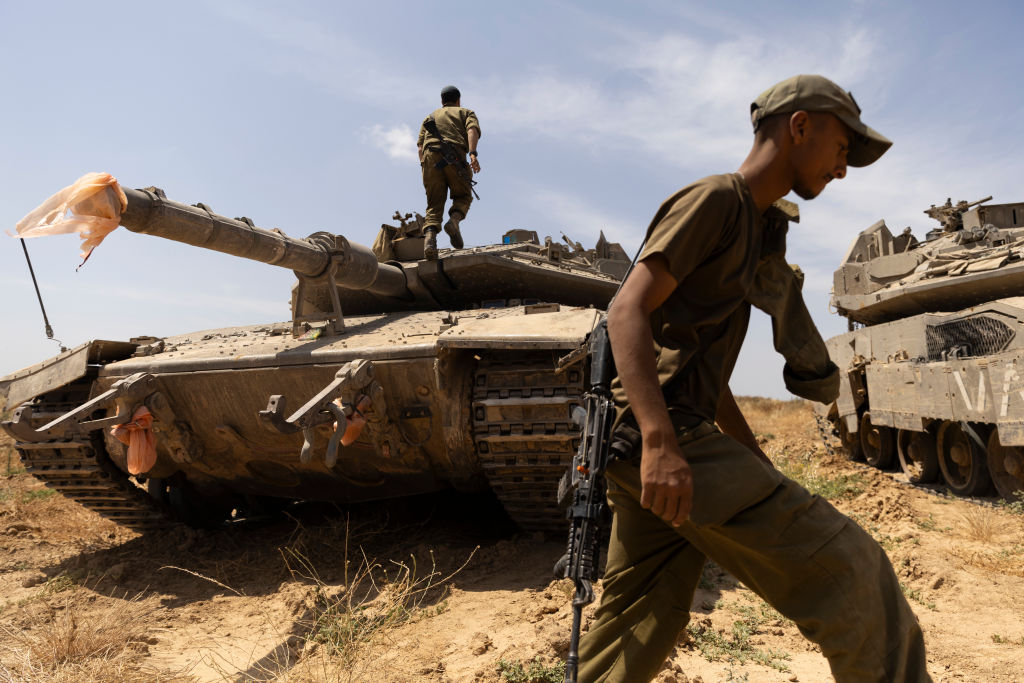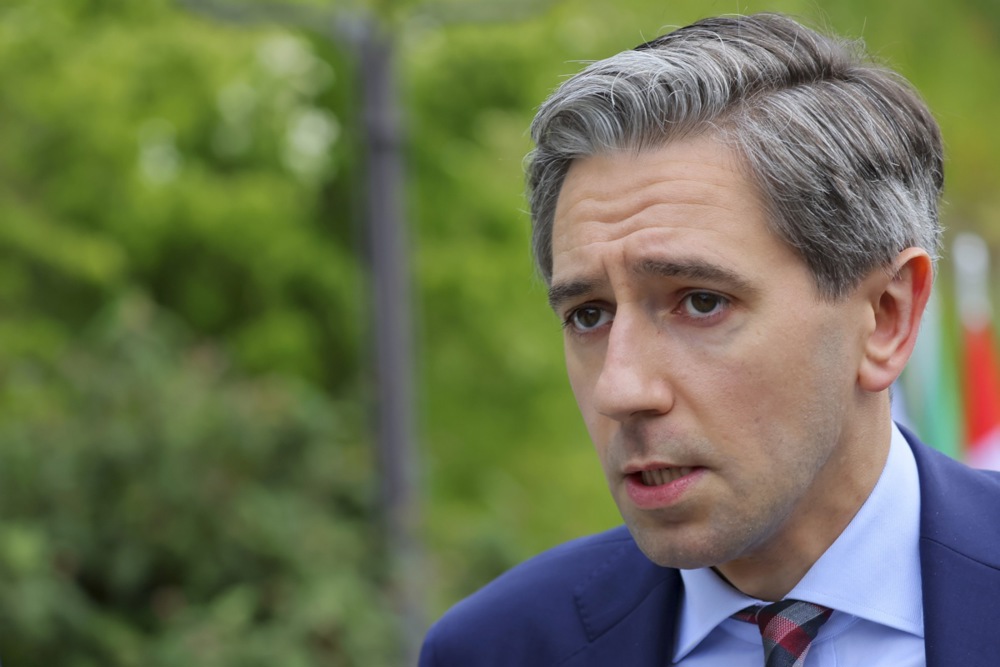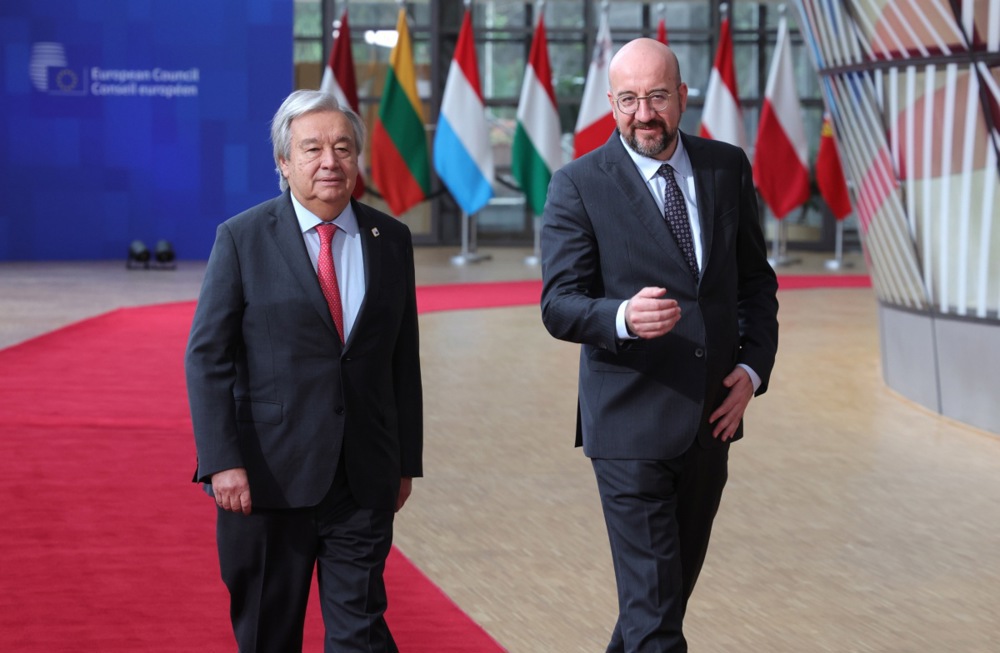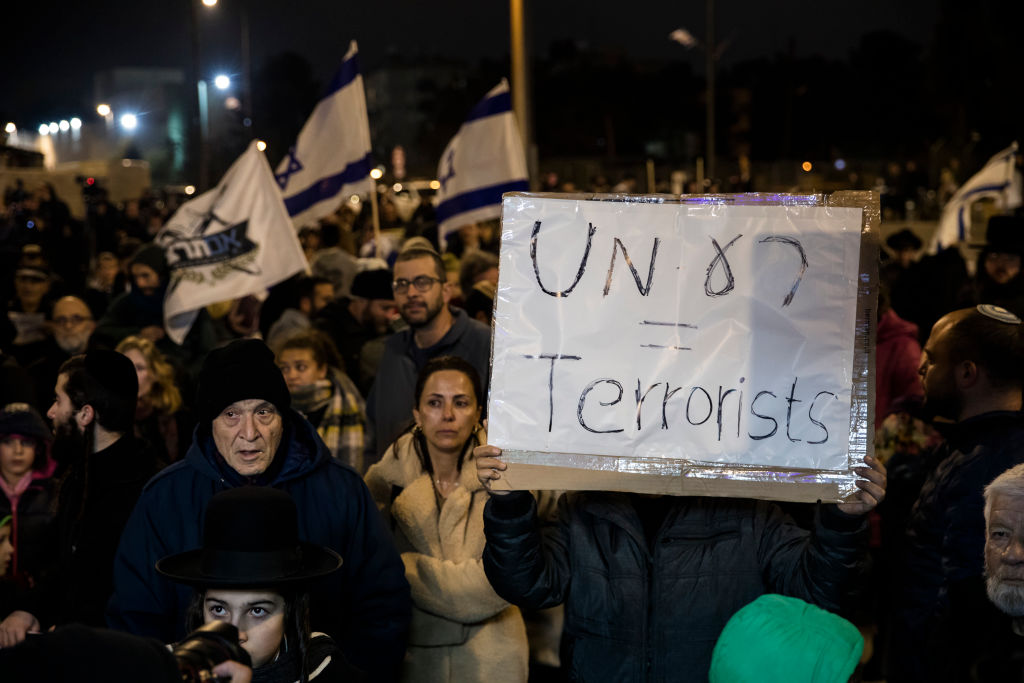Tensions between Israel and Ireland have increased after Dublin refused a request from Jerusalem to move Irish United Nations peacekeepers stationed in Lebanon.
Israeli armed forces have conducted numerous operations in Lebanon over the last number of days, with the attacks aimed at disrupting the operations of the Iran-backed terror group Hezbollah.
In an apparent attempt to leave the way clear for these operations, Israel had reportedly requested that the UN evacuate some of its bases on the so-called “Blue Line” in the south of Lebanon late last week, a request that was refused by both Dublin and the UN.
UNIFIL is deeply concerned by recent activities by the IDF immediately adjacent to the Mission’s position 6-52, southeast of Marun ar Ras (Sector West), inside Lebanese territory.
The IDF has been repeatedly informed of this ongoing situation through regular channels.
— UNIFIL (@UNIFIL_) October 6, 2024
UNIFIL, the UN’s force in Lebanon, has said that while Israel has asked them to move troops involved in the peacekeeping missions, no such request has amounted to what could be constituted as “threats”.
“So far, we have not received threats,” the spokesman said.
“Have they said what they will do if we refuse to move? No, they have not. They have not said that.”
Irish authorities and news outlets now claim that Israeli forces are amassing outside one UN base manned by Irish troops, with state-owned broadcaster RTÉ claiming on October 6 to have obtained pictures of Israeli units setting up a firing position near the UN’s 6-52 position on the border.
“At the moment, the position that Israeli Defence Forces are a few hundred meters away from the Irish position close to Maroun al-Ras, which is close to the Blue Line,” a spokesman for UNIFIL told Irish media.
“So as we said yesterday, this is very concerning, because of the IDF placing their position close to our base, where there is intense shelling, at least last night, between IDF and and Hezbollah. So this is definitely deeply concerning for the for the mission.”
Israel has warned Ireland that its decision to officially recognise Palestine will hurt the Irish economy. https://t.co/oDrWq3wV9F
— Brussels Signal (@brusselssignal) May 29, 2024
Dublin has expressed outrage at the development, insisting that its troops will stay in position and that Israeli operations in the region are putting them in unjustifiable danger.
“There is an obligation on Israel and Hezbollah to respect the role of UN peacekeepers, their mandate, and do nothing that would put peacekeepers and our troops in particular in harm’s way,” the country’s Deputy Prime Minister and Minister of Defence, Micheál Martin, said.
The country’s president, Michael D Higgins, who holds a post which is largely ceremonial, went further, accusing Israel of issuing a “threat” against Ireland’s peacekeepers, characterising Jerusalem’s request for them to move as “outrageous”.
Israel’s embassy in the country hit back at such claims, arguing that Jerusalem had requested Irish troops “move from areas of military activity for their own protection and safety”, while characterising Higgins’ claims as “unfounded and inflammatory”.
The stand-off is the latest chapter in the deteriorating relationship between Ireland and Israel amid the ongoing conflict in the region.
While EU member states have largely supported Israel in its fight against Islamic terror groups, Dublin has been one of the key players in failing to support the country.
Dublin has played a key role in pushing for the EU to recognise Hamas-controlled Gaza as being part of an independent Palestinian state, despite Israel’s insistence that doing so will only embolden the paramilitaries responsible for murdering its civilians.
Such Israeli warnings have largely been ignored by Irish politicians, with almost every member of the country’s parliament taking either a neutral or anti-Israel stance regarding the conflict.
Ireland is reportedly probing the legality of the European Union trade agreement with Israel ahead of a European Council meeting in September. https://t.co/WsXf9qGyYo
— Brussels Signal (@brusselssignal) September 2, 2024





